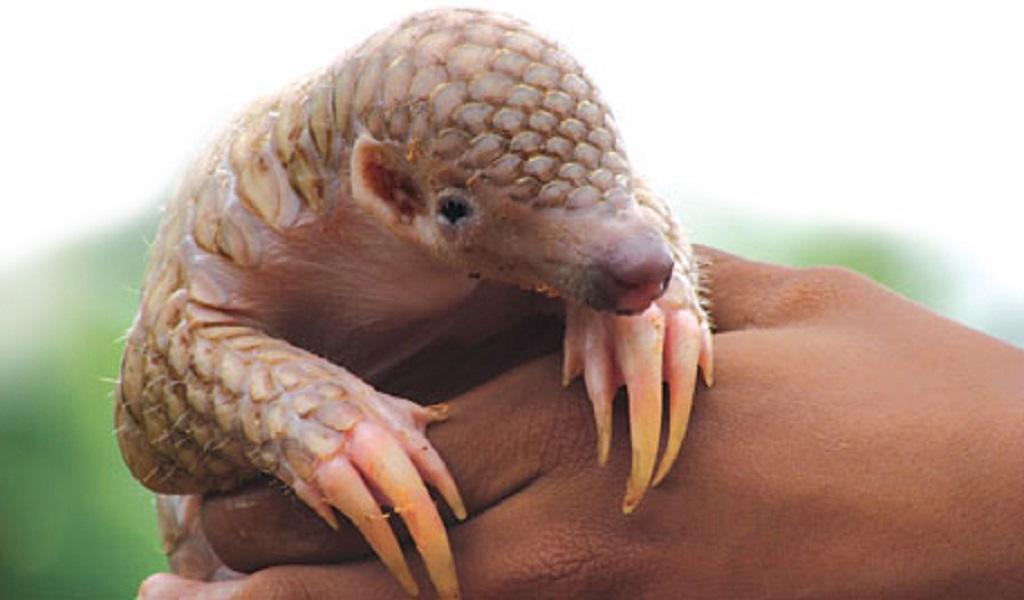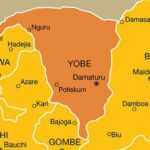The Wildlife Conservation Society (WCS) has said pangolins are on the verge of being poached and trafficked into extinction.
The WCS, which made this known on the occasion of the World Pangolin Day celebrated on February 18, added that the deaths of the unique creature in Africa were alarming.
“Recent data shows that over 200 tons of pangolin remains, nearly all scales, were trafficked in one African country alone between 2010 and 2021. This is equivalent to up to one million pangolin deaths, in just one country.
“If their exploitation continues at this rate, these mild-mannered animals will be poached and trafficked into extinction,” the WCS said in its newsletter soliciting support to protect the endangered species.
According to Stephen Ham, “pangolins are incredibly unique; they’re the only mammals on the planet covered in scales. But those one-of-a-kind scales—evolved as a protective mechanism—have made them more vulnerable. Poachers will stop at nothing to get them.
“The shy, sensitive animals are exploited for the very thing that’s supposed to keep them safe. But WCS has teams on the ground in 30+ countries throughout the world working with local governments to counter wildlife trafficking and protect pangolins and other highly vulnerable species.”
The WCS added that “when pangolins feel threatened, they curl into a tight ball, relying solely on their tough outer scales to protect them. While effective during an encounter with a predator like a lion, this defensive strategy makes them an easy target for poachers, who easily pick them up and toss them into a bag for slaughter.”
The society stressed that the rare animal deserves better protection despite it being in high demand, with some cultures considering it a delicacy while “others believe that their scales—which are made of keratin, the same material as our fingernails—provide health benefits.”
However, the WCS said it is working closely with government partners to counter wildlife trafficking in more than half of the 50 countries where they have programmes, including some of the countries where trafficking is most prevalent throughout Asia, Africa, and Latin America.
The ground, giant, white-bellied, and black-bellied pangolins can be found in Kogi, Kwara, Benue, Niger and Taraba—where Nigeria’s largest national park—Gashaka-Gumti is situated.
In the South-West, they can be found in Omo Forest Reserve, Ogun State; Oluwa Forest Reserve, Ondo State; and Old Oyo Forest Reserve in Oyo State.
But they are poached and trafficked, with Nigeria emerging as a hub for illicit pangolin trade with the Convention on International Trade in Endangered Species of Wild Fauna and Flora (CITES) categorising pangolins as endangered species.

 Join Daily Trust WhatsApp Community For Quick Access To News and Happenings Around You.
Join Daily Trust WhatsApp Community For Quick Access To News and Happenings Around You.


